According to Xinhua News Agency, on May 15, UN Under-Secretary-General for Humanitarian Affairs Martin Griffiths called for the extension of the Black Sea Grains Initiative, which allows safe export of Ukrainian grain and other agricultural products from Black Sea ports.
“The continuation of the Black Sea Grains Initiative is vitally important, as is the commitment of all parties to ensure smooth and efficient grain exports. We will continue to call on all parties to do their part to extend the initiative,” Griffiths stressed.
Speaking to the UN Security Council, Mr Griffiths said that thanks to this initiative, more than 30 million tonnes of goods have been safely exported from Black Sea ports to date. Of this, around 600,000 tonnes of wheat have been transported by ships chartered by the World Food Programme (WFP) to directly support humanitarian operations in countries such as Afghanistan, Ethiopia, Kenya, Somalia and Yemen. While affirming that this is undeniable progress, Mr Griffiths stressed that much more needs to be done.
The initiative, signed separately by Russia and Ukraine with the UN and Türkiye in July last year, was designed to ensure the flow of grain, food and fertilizer amid severe global shortages of these commodities due to the conflict in Ukraine. The grain deal was initially set to run for 120 days. In mid-November 2022, the deal was extended for another 120 days, until March 18. Russia later agreed to extend the deal by only 60 days, until May 18.
As the agreement nears its expiration, UN officials have been engaged in intensive discussions with Black Sea Grains Initiative participants in recent weeks to reach an agreement on its extension and the improvements needed to make it work. Last week, a four-way extension negotiation was held in Istanbul, Turkey, involving representatives from the UN, Turkey, Russia and Ukraine.
While the grain deal has improved Ukraine’s exports, Russia has repeatedly complained that there has been little progress in facilitating Russian exports. Russia has said it will not extend the deal when it expires on May 18 if its demands to remove obstacles to Russian grain and fertilizer exports are not met.
According to TASS, after the talks in Istanbul, Russian Deputy Foreign Minister Sergei Vershinin stressed: "The initiative will cease to exist if Russia's demands are not met." Mr. Vershinin said that an initiative that benefits only one side is unlikely to be recognized by all sides. This position of Russia is mainly aimed at protecting the national interests, domestic agricultural producers and fertilizer producers, and taking into account the situation on the world food market.
Experts say that the extension of the Black Sea Grains Initiative is essential because this agreement is important in solving the global food crisis, especially in developing countries.
The latest analysis from the UN Food and Agriculture Organization (FAO) shows that global cereal prices have fallen by nearly 20% over the past 12 months. In April, world wheat prices fell to their lowest level since July 2021. This was partly due to Ukrainian grain exports and large volumes available for export in Russia and other locations.
LAM ANH
Source


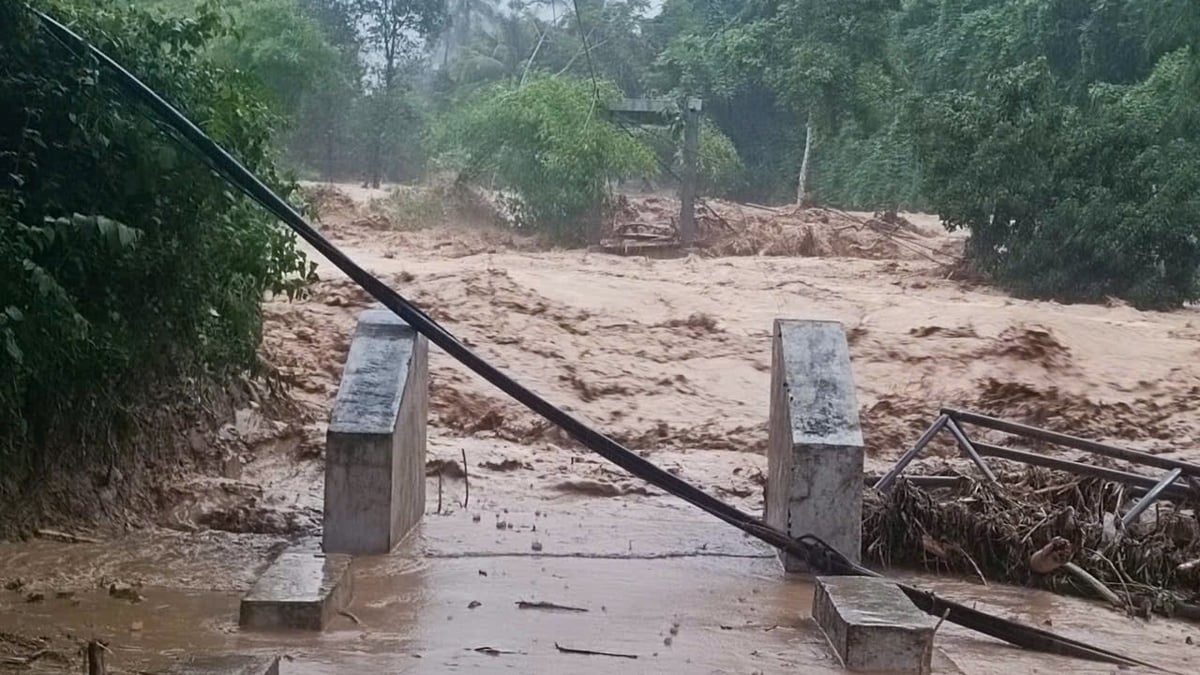







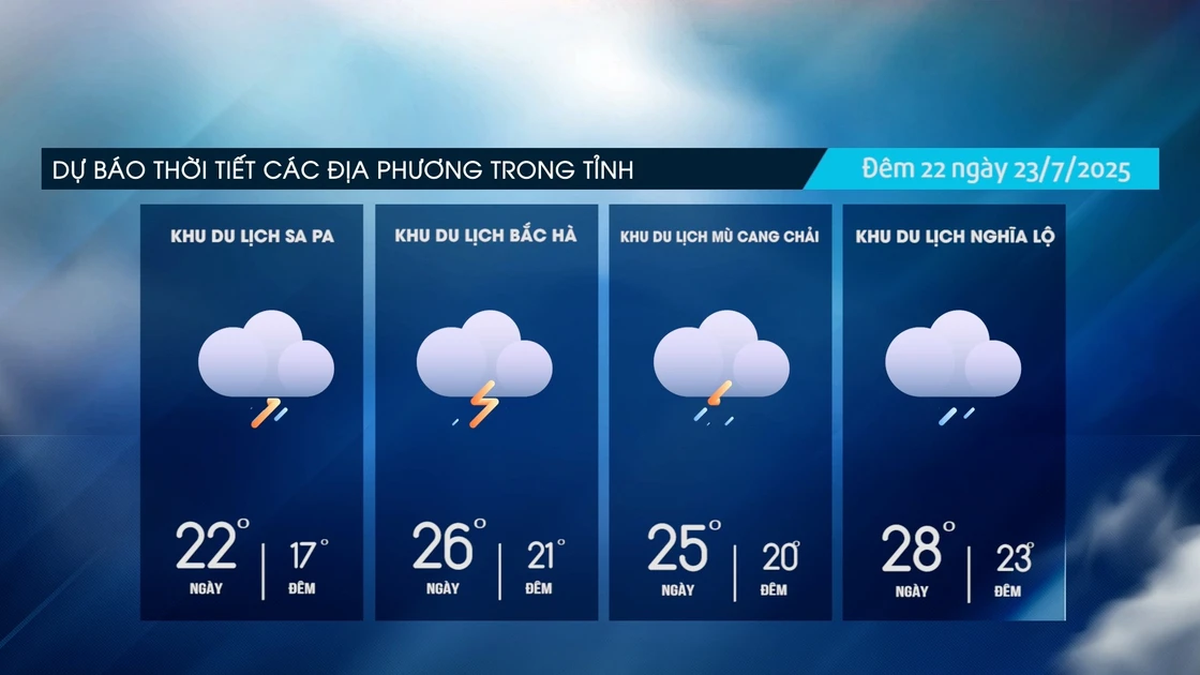
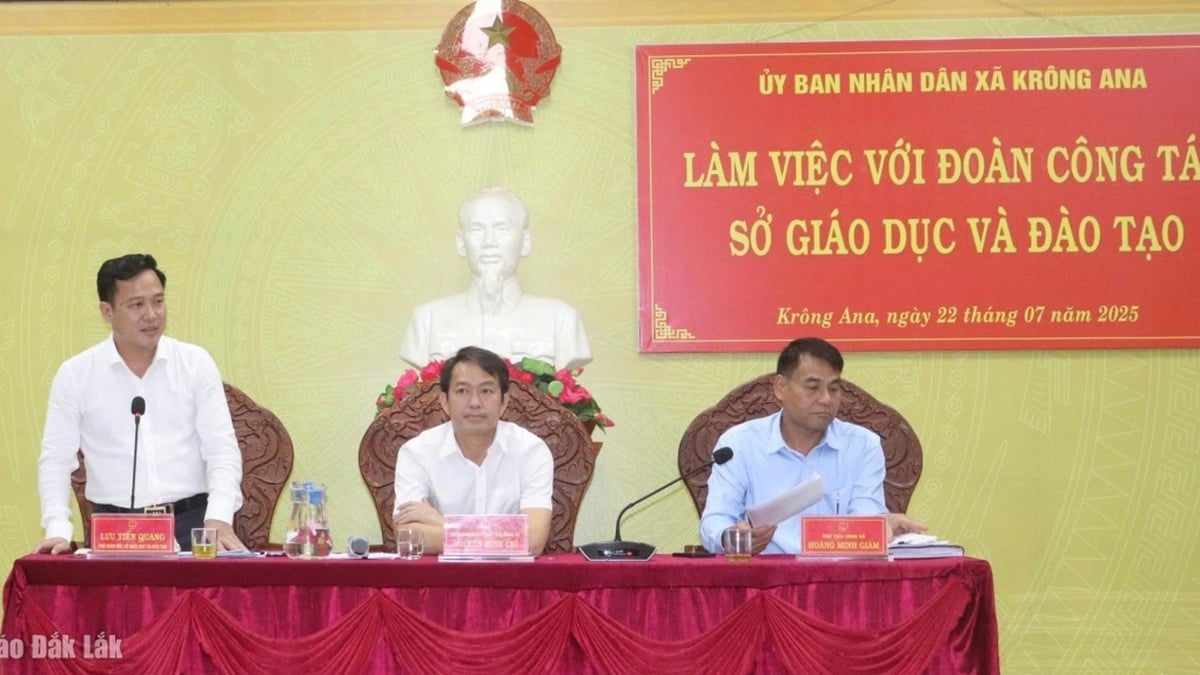




















































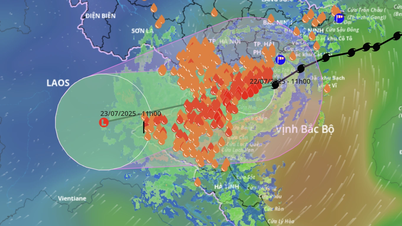

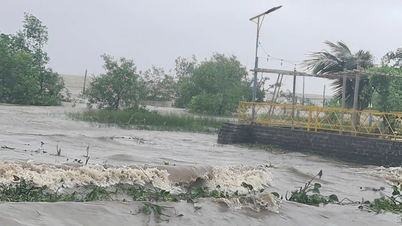




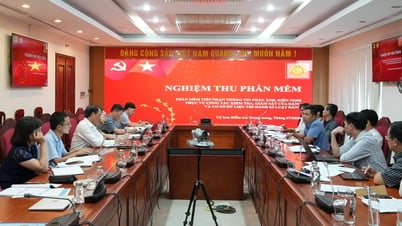





























Comment (0)